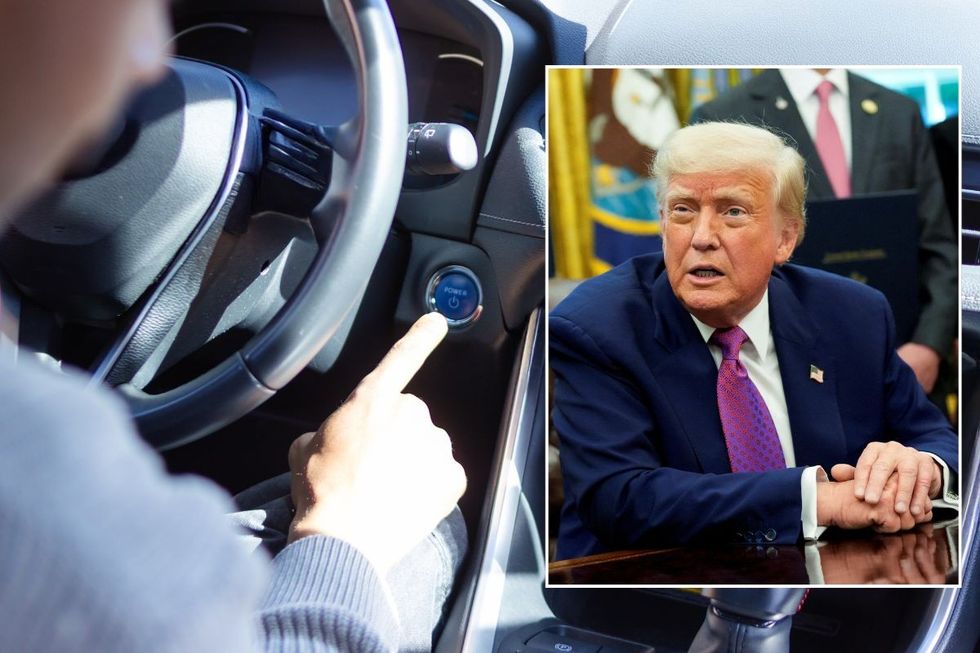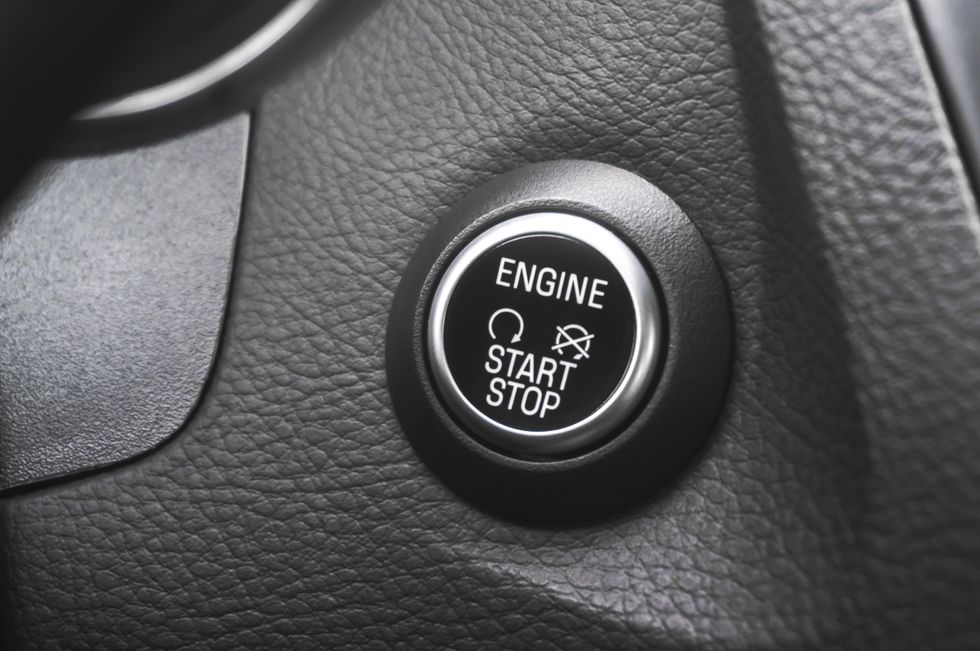Drivers could see popular car feature go extinct as Donald Trump takes aim at net zero measures

'EPA approved it, and everyone hates it, so we're fixing it'
Don't Miss
Most Read
Latest
Donald Trump's administration is considering scrapping regulations that require automatic stop-start systems in vehicles, according to the head of the US Environmental Protection Agency.
Lee Zeldin suggested the technology, which turns off engines when cars are stationary to reduce emissions, could be eliminated despite its widespread adoption.
The feature has become standard in modern vehicles worldwide as emissions standards have tightened.
However, it divides opinion among drivers, with many finding the system frustrating despite its environmental benefits.
Do you have a story you'd like to share? Get in touch by emailing motoring@gbnews.uk

Donald Trump's Administration has called for the stop/start feature to be axed
|GETTY/REUTERS
Stop-start systems automatically switch off a car's engine when it comes to a complete stop, such as at traffic lights.
The engine restarts when the driver signals they want to move again, typically by pressing the brake or clutch pedal.
The technology aims to reduce pollution caused by stationary vehicles. According to the Royal College of Physicians, idling is linked to 40,000 deaths per year in the UK.
Writing on social media platform X, Zeldin criticised the technology, saying: "Start/stop technology: where your car dies at every red light so companies get a climate participation trophy."

Environmental Protection Agency (EPA) Administrator Lee Zeldin
|REUTERS
He added: "EPA approved it, and everyone hates it, so we're fixing it."
The potential change aligns with President Trump's broader deregulation agenda, which he has described as a plan to "unleash prosperity through deregulation".
An executive order signed by the president in January requires agencies such as the EPA to scrap at least 10 regulations for every new one they introduce.
This "one-in, ten-out" approach represents one of the most aggressive deregulation efforts in recent American history.
Stop-start systems were first introduced by Toyota in the 1970s and have gradually become more widespread as environmental standards for vehicle emissions have grown stricter.
Regulators around the world have increasingly favoured the technology as part of efforts to reduce carbon dioxide emissions.
Car manufacturers have adapted their designs to accommodate the technology, with some including more robust batteries specifically designed for frequent engine restarts.
Some motorists question whether the technology risks using more fuel, wearing out the battery or increasing engine wear and tear.
LATEST DEVELOPMENTS:

The RAC has slapped down claims that the stop/start button impacts the car's fuel economy
|GETTY
However, the RAC dismisses these concerns as myths, citing research showing stop-start systems can improve fuel economy.
The motoring organisation also notes that cars equipped with the technology use sensors to ensure it only activates when it won't damage the engine.











